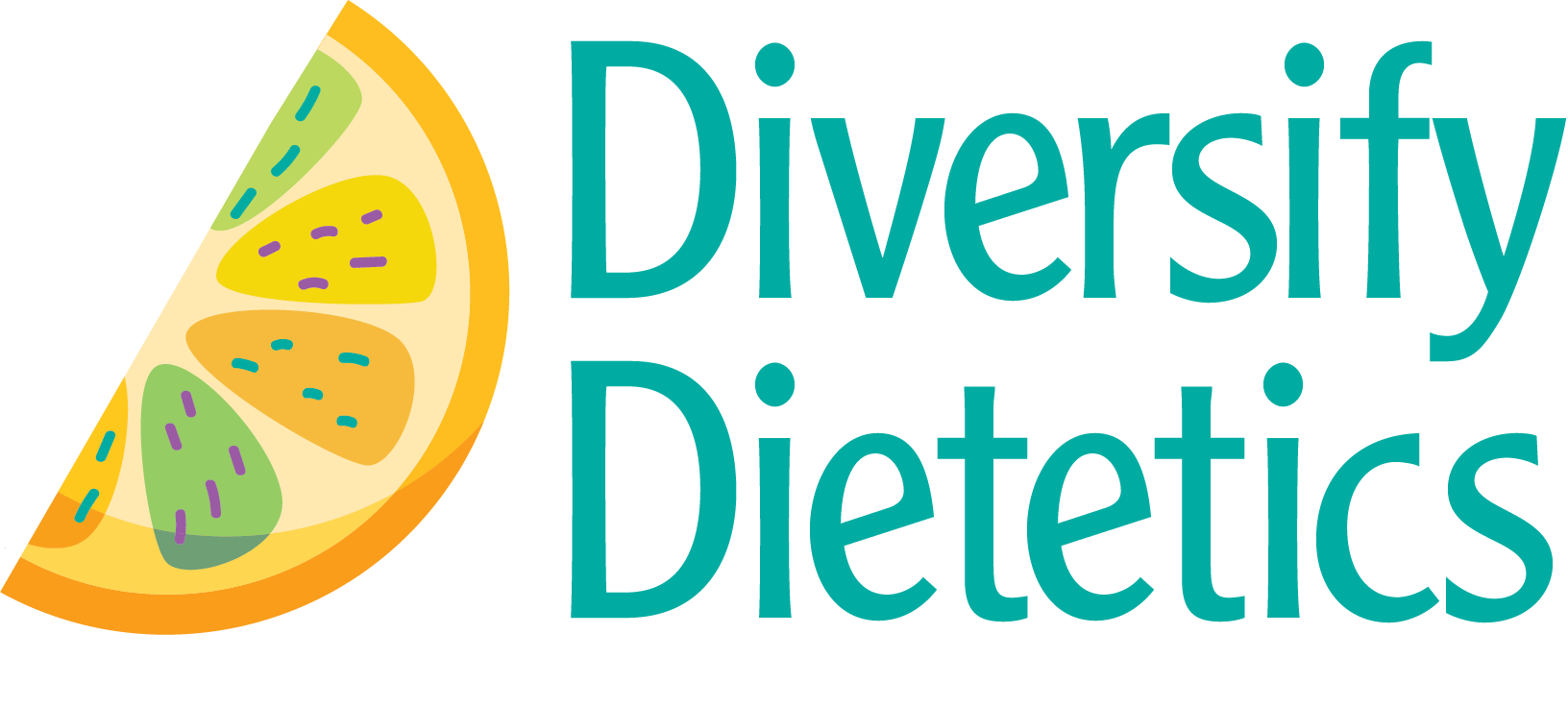RDN Spotlight: Sachelly Julián-Serrano, MHSN, RDN, LDN
What is your ethnicity/race?
Hispanic/Black
Where/when did you go to undergrad/dietetic internship/grad school?
University of Puerto Rico: Undergrad (2015)
Masters (2017)
Internship (2018)
Currently University of Massachusetts Lowell completing a Doctor of Science degree in Epidemiology
Why did you decide to choose nutrition and dietetics as a career?
The truth is that I needed a bit of an idea of what I wanted to do in the future. My high school academic counselor thought I'd really enjoy pursuing a degree in nutrition and dietetics. During my undergraduate studies, I was fascinated with how versatile nutrition and dietetics was - from clinical, community, and administrative nutrition to computational chemistry and clinical epidemiology research!
What do you do now as an RDN and what does a typical day/week look like for you?
I am currently a doctoral student in Epidemiology and a telehealth community nutritionist focused on pregnant women, infants, and children. Mondays and Wednesdays I do my follow-up calls with clients and do my notes that same day (8:30am-5pm). I also work as a research assistant in nutritional epidemiology and can start working on analysis early in the morning (6:00am-anytime). I attend class in the evening three times a week. I always try to be in bed by 10:00pm and stay physically active!
What is/was the biggest challenge for you in becoming a dietitian and how did you overcome that challenge? This can be related to being an RD of color or not just any challenge?
Getting out of my comfort zone. As a first generation student, I knew I wanted to pursue certain goals, but was scared that it would be "out of my reach". With the help and support from mentors, friends, and colleagues I've been motivated to continue challenging myself and continue growing as a dietitian.
Have you had any mentors in your career if yes how have those mentors affected your career/life?
Yes! I have had so many mentors that have included professors, research mentors, and supervisors. They have challenged me to do tasks that require me to really learn, read, ask, trust myself, and communicate. I am beyond grateful of all the mentors I have been able to work with and I hope to continue growing as the best mentor I could be.
Why do you think diversifying this field is important?
Representation truly matters to undergraduates, RD2Bs, current dietitians, patients, clients, family, neighbors, friends. By diversifying nutrition and dietetics we work towards our population's health while celebrating traditions, foods, and cultures. Most importantly, to diversify dietetics is to address preventive measures, nutritional intervention, and education to racial/ethnic population at-risk for chronic diseases.
What is a piece of advice you would give a student of color interested in entering the field of dietetics?
Find something that you're good at and shine a light on it! Take advantage of your classes, be consistent, ask for help, and find mentors. Always remember your path is unique, be YOU!

